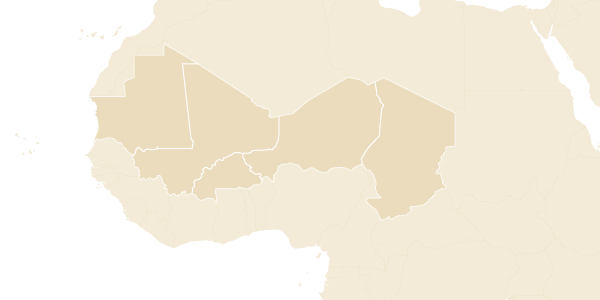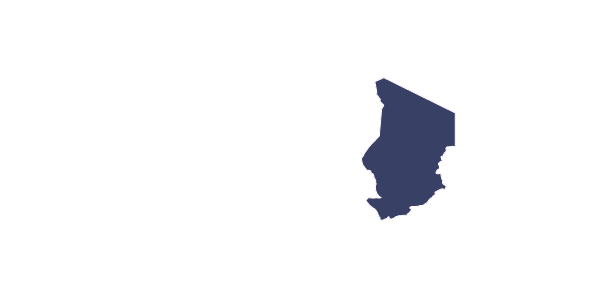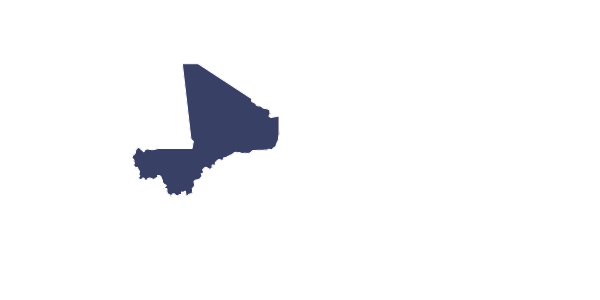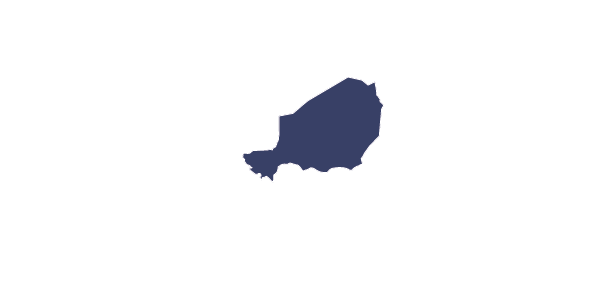Supporting the economy and essential services to help displaced people in Niger
The context: major migrations to and within Niger
Two regional conflicts, the crisis in Mali and the regional crisis in Boko Haram, are causing major displacements to and within Niger. The country currently hosts more than 280,000 conflict-related internally displaced persons, about 158,000 refugees, 109,000 internally displaced persons and 16,000 Nigerian nationals returning from Nigeria as a result of the conflict.
Reinforcing decentralized authorities
The objective of the project is to improve access to basic services and economic opportunities for refugees and host communities in selected areas in the Republic of Niger.
The project’s interventions support the income improvement of crisis-affected communities, with the aim of enabling them to become self-sufficient and of stabilising the targeted areas in the 15 communes of the regions of Diffa, Tahoua and Tillabéri. They benefit the whole community through the creation of infrastructures which improve access to basic services, and income-generating activities – agricultural and non-agricultural – in order to increase the socio-economic opportunities of the beneficiary refugees and their host communities.
The project has the 3 following components:
1. Community infrastructure to improve access to basic public services
2. Support to economic opportunities
3. Coordination and institutional development
Achievements by March 2022:
• 21 classrooms received out of the 148 built or rehabilitated, i.e. 82%. 48 classrooms equipped. (70% physical completion rate)
• Twelve (12) Integrated Health Centres (IHC) completed out of 20 planned, i.e. 60%. The 12 IHCs are scattered between the regions of Diffa (10), Tillabery (1) and Tahoua (Tillia: 1). The other 8 IHCs are under construction.
• Some 94 new infrastructures built, including 25 housing units for teachers, 68 school latrines, 7 administrative blocks, 3 football pitches, 1 Trade Training Centre
• More than 420 000 people, including 111 116 women and 62,013 refugees, have had better access to community school, health and water infrastructures in the 3 regions where the project is active
• 18 627 beneficiaries received their cash grants for agricultural and non-agricultural production. Three (3) boreholes have been rehabilitated in Diffa out of the three planned, i.e. 100%. Work on the construction of water points in the regions of Tillabéry and Diffa is underway.
• 18 001 cash transfer beneficiaries were trained in ILO GERME to enhance their economic resilience
• Fifteen (15) communes supported. Consultation forums financed in the four regions (Diffa, Agadez, Tahoua and Tillabéri)
Photo Credit : Pierre Terdjman
ChadMaliNiger




Fields of action






